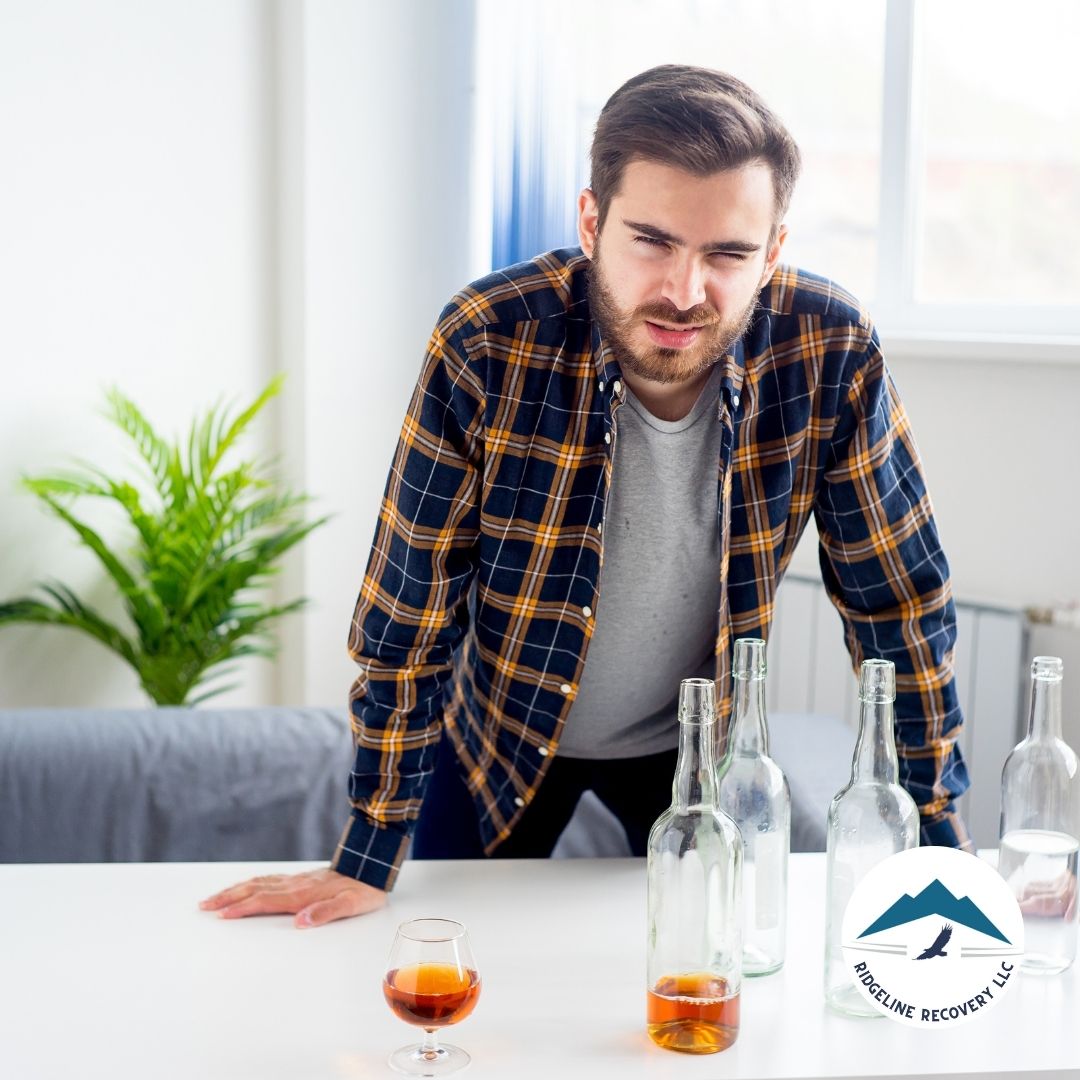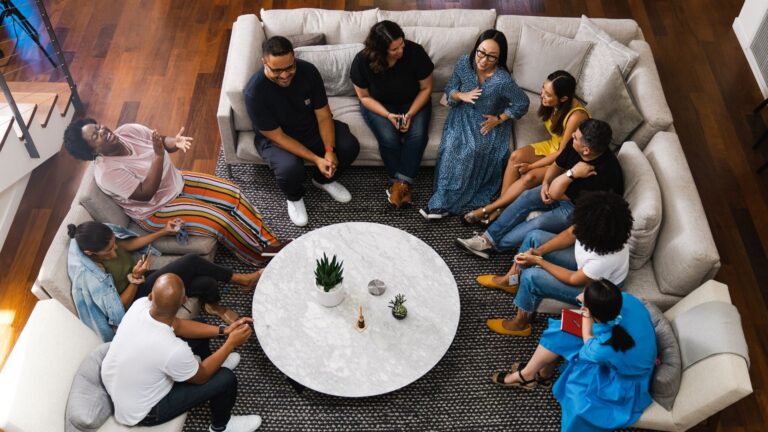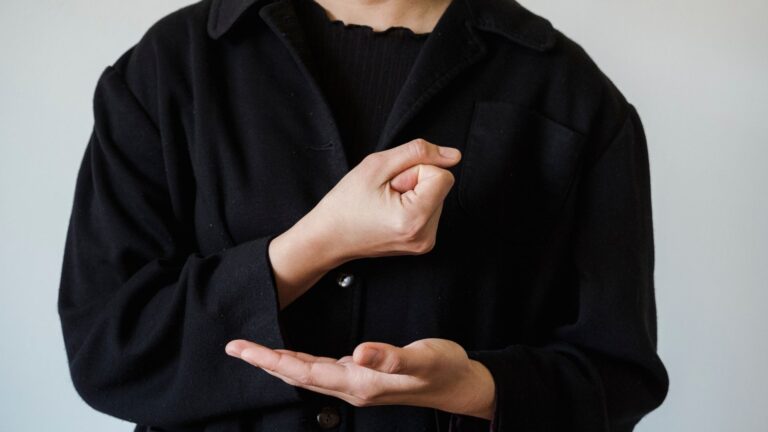Recovering Alcoholics and Dating? Dating is hard. Add recovery into the mix, and it can feel like navigating a minefield. If you’re a recovering alcoholic, you’ve already taken the brave step toward healing. But what happens when you’re ready to open your heart to someone new? How do you balance love and recovery without losing yourself in the process?
This guide is for you. Whether you’re in Columbus, Ohio, or anywhere else, we’ll walk you through everything you need to know about recovering alcoholics and dating. From building trust to setting boundaries, this is your roadmap to finding love while staying true to your recovery journey.
Why Dating as a Recovering Alcoholic is Different
Let’s be real: dating is complicated for everyone. But for recovering alcoholics, it comes with its own set of challenges.
- Triggers: Social events often revolve around alcohol. A first date at a bar? That’s a no-go.
- Stigma: Some people don’t understand addiction recovery. They might judge you or question your past.
- Emotional Vulnerability: Recovery is an emotional rollercoaster. Adding a new relationship to the mix can feel overwhelming.
But here’s the good news: dating as a recovering alcoholic isn’t just possible—it can be incredibly rewarding. With the right mindset and tools, you can build a healthy, fulfilling relationship.
Step 1: Focus on Your Recovery First
Before diving into the dating pool, ask yourself: Am I ready?
Recovery isn’t just about staying sober—it’s about rebuilding your life. Programs like Addiction Recovery and Addiction Treatment provide the foundation you need to heal.
Here’s a quick checklist to see if you’re ready to date:
- Are you stable in your recovery?
- Do you have a strong support system?
- Are you emotionally prepared for the ups and downs of dating?
If you’re not sure, it’s okay to wait. Your recovery comes first.
Step 2: Be Honest About Your Journey
When it comes to recovering alcoholics and dating, honesty is non-negotiable. You don’t have to spill your life story on the first date, but you should be upfront about your recovery.
Why? Because the right person will respect your journey. They’ll support you, not judge you. And if they don’t? That’s a red flag.
Step 3: Set Clear Boundaries
Boundaries are your best friend in recovery. They protect your sobriety and your peace of mind.
Here are some examples:
- No Alcohol on Dates: Suggest coffee shops, parks, or museums instead of bars.
- Avoid Triggers: If certain situations make you uncomfortable, speak up.
- Take It Slow: There’s no rush. A healthy relationship takes time to build.
Programs like Living in Balance can help you develop the skills to set and maintain boundaries.
Step 4: Choose the Right Partner
Not everyone is cut out to date a recovering alcoholic—and that’s okay. The right partner will:
- Respect your boundaries.
- Support your recovery journey.
- Celebrate your progress, not your past.
If you’re unsure where to start, consider joining support groups like The Twelve Steps of NA. These programs can help you build confidence and connect with like-minded people.

Step 5: Build a Strong Support System
Dating can be emotional, and recovery can be challenging. That’s why it’s crucial to have a strong support system in place.
This could include:
- Therapists: They can help you navigate the emotional ups and downs of dating.
- Support Groups: Programs like A Guide to the Refuge Recovery Book and Program offer a safe space to share your experiences.
- Friends and Family: Lean on the people who know and love you.
Step 6: Take Care of Yourself
Self-care isn’t selfish—it’s essential. When you’re dating as a recovering alcoholic, it’s easy to lose sight of your own needs.
Here’s how to stay grounded:
- Stick to Your Routine: Whether it’s therapy, meetings, or exercise, don’t let dating disrupt your recovery.
- Practice Mindfulness: Stay present and focused on your goals.
- Celebrate Small Wins: Every step forward is worth celebrating.
Real-Life Stories: Dating and Recovery
Let’s look at some real-life examples of how recovering alcoholics and dating can work.
Mark’s Story
Mark had been sober for two years when he met Sarah. At first, he was nervous about telling her about his recovery. But when he did, Sarah was incredibly supportive. Today, they’re happily married and stronger than ever.
Emily’s Journey
Emily struggled with dating after rehab. She felt like no one would understand her past. But through Finding the Best Detox Inpatient Near Me, she found the support she needed to rebuild her confidence. Now, she’s in a healthy, loving relationship.
Frequently Asked Questions About Recovering Alcoholics and Dating
1. When is the right time to start dating in recovery?
There’s no one-size-fits-all answer. Some people wait a year, while others feel ready sooner. The key is to focus on your recovery first.
2. Should I tell my date about my recovery?
Yes, but timing is everything. You don’t have to share everything on the first date, but honesty is crucial as the relationship progresses.
3. What if my partner drinks?
This is a personal decision. Some recovering alcoholics are comfortable dating someone who drinks in moderation, while others prefer a sober partner.

Trivia: Did You Know?
Before we wrap up, here’s a fun fact: Studies show that people in healthy relationships are more likely to maintain long-term sobriety. Love and support can be powerful tools in recovery!
Take the First Step Toward Love and Recovery
Dating as a recovering alcoholic isn’t easy, but it’s worth it. With the right mindset, tools, and support, you can build a healthy, fulfilling relationship.
If you’re ready to take the next step, Ridgeline Recovery is here to help. From therapy to support groups, we provide the resources you need to thrive in love and life.
Contact us today to learn more about our programs and how we can support your journey.








